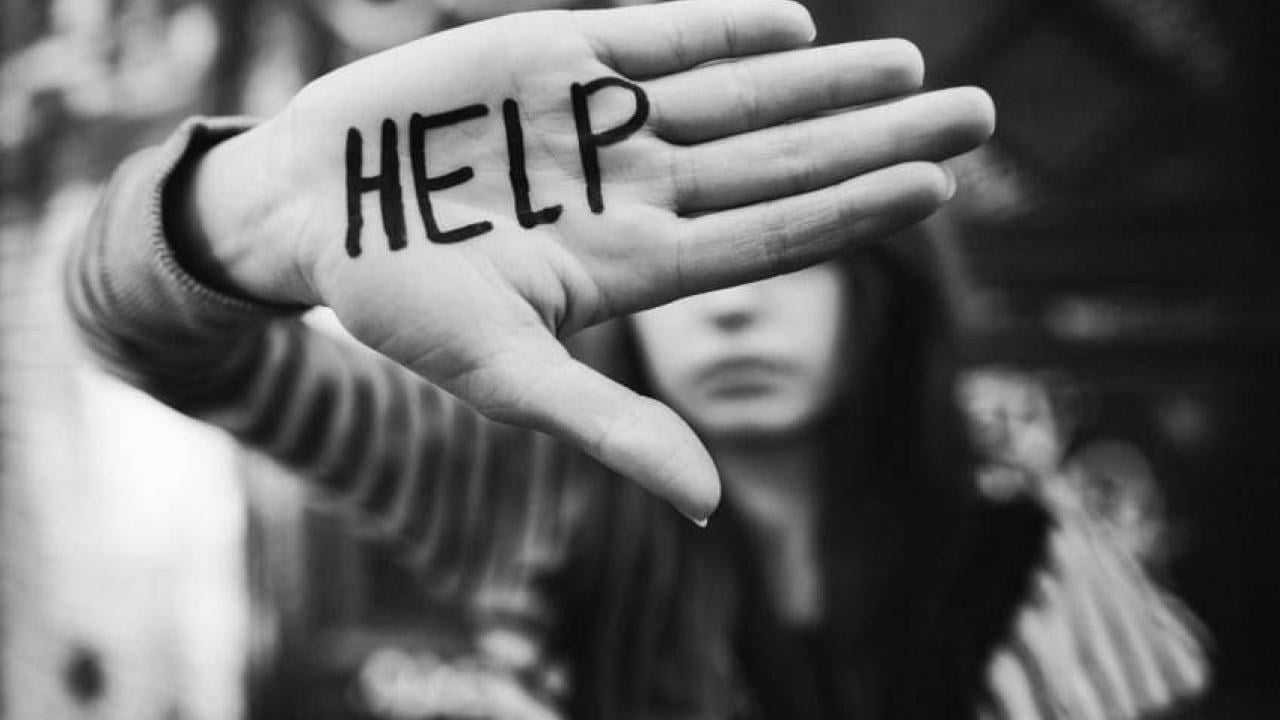Train Your Brain, Have Fun & Unwind with Solitaire Grand Harvest
Even when life feels busy, don’t forget to train your brain just like you exercise any other part of your body!
Computer games are supposed to be fun, but when a hobby turns into an addiction, virtual fantasy worlds can wreck real lives and ruin real marriages.
Sixty-five percent of American households play computer and video games, and surprisingly, the average player is 35 years old. And, if these video games can wreak havoc in adult lives, imagine the effect they could have on children. Check the following list to see if you or your child is at risk:
1. Do you feel that you need to play online games as a way of dealing with anxiety or depression in your general life?
2. Are you preoccupied with gaming so much that you are distracted from the priorities in your life, such as relationships, school or jobs?
3. Have you lied to your friends or family to conceal your obsessive thinking about gaming?
4. Do you get restless and irritable when you are away from gaming or feel that you are restricted from your next gaming event?
5. Have you attempted to stop or cut back your gaming behavior, but failed because of the anxiety, depression or general stress you experience?
6. Do you feel you need to play online games because it gives you the self-esteem and confidence other activities don't?
7. Have you lost or damaged a relationship, such as affectionate, sexual or parental connection because of your obsession, lying or distorting your behavior of gaming?
8. Have you diminished your goals, such as grades, sports, money, etc. because of your obsession with gaming?
9. Have you lost or damaged job opportunities because of your obsessive gaming behavior?
10. Have you lost or damaged family and community relationships because of your gaming behavior?
If you have answered "yes" or even "sometimes" to any of these 10 questions, it is highly likely you are dealing with an addictive behavioral pattern to gaming. It is recommended that you seek help for this issue so that you can develop a healthy balance of mental health to your life.
.png)
Even when life feels busy, don’t forget to train your brain just like you exercise any other part of your body!

In the show Love Smart, Part 1, Dr. Phil helps three single women quickly find out important information about the men they meet on...

Mental health issues affect millions of Americans. Dr. Phil tells his viewers, "I wish I could tell you that there's a profile where we could predict...